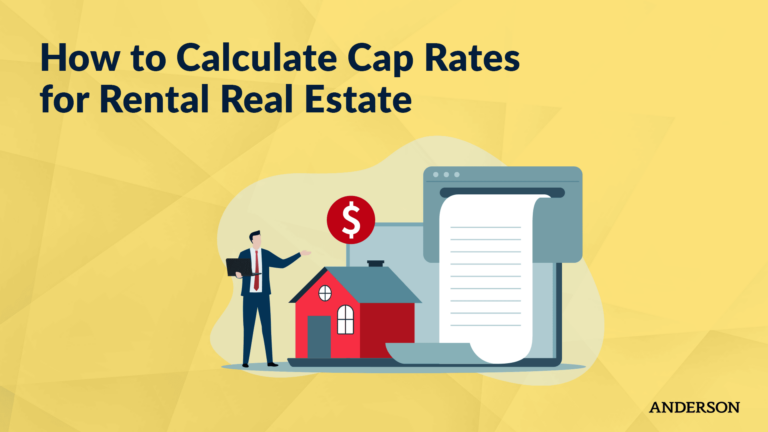Levels of Anonymity: The complete breakdown of protecting your investments.
In this episode of Coffee with Carl, attorney Carl Zoellner guides you through the process of using the various methods of anonymity.
You don’t need to be a Hogwarts graduate to use the invisible cloak of business… a good law school education will do.
So, let’s talk about anonymity.
(Impatient reader?) We talk a lot about anonymity in our free content, which you can check out on our YouTube channels.
Anonymity is most appropriate for your passive investments. So if we’ve got rental properties, if we’ve got something where we’re not constantly interacting with the outside world, that’s where it tends to be best utilized.
Now, you can get levels and layers of anonymity, even through your active investing. What comes to mind is an LLC used for property flips or wholesaling. We’d want to run through something with Corporate Tax status, so that way we can have the advantage of having it treated correctly, as well as avoiding the disadvantage– which is dealer status.
But if I’m looking for a level of anonymity, what I could look at is an LLC taxed as a corporation, so at the state level, when I’m filing with the Secretary of State, if my Wyoming holding company is the member of that LLC, I’ve got a layer of anonymity on that LLC itself.
AND I also have that Corporate Tax status, so I’m not being tagged as a dealer, and I’m running the income through the appropriate entity for active investing. The best of both worlds here.
I would say, overall, if I’m comparing a traditional corporation and an LLC taxed as a corporation, I tend to like the LLC route, just for a little bit more ease of use. It’s not a huge differentiator, but it can be useful.
The difference between the LLC and a corporation is normally within a traditional corporation you’re not listing the shareholders, so the owner somewhat becomes irrelevant. However you do generally list the board members, or some sort of principal for the business. Given that, you usually don’t get a ton of anonymity with a corporation, but with an LLC taxed as a corporation there may be a level there.
Now, practically speaking, it’s a strange world on the active investing side, because this is where most individuals will actually be handing out business cards. Which means, you’re acting on behalf of the business.
Even within a traditional corporation, to get a layer or a level of separation between the owner and the business, a lot of times we’re going to suggest you use a business card that reads something like President or Vice-President (That’s your officer position within that traditional corporation).
So that doesn’t designate ownership, but it does designate that you are able to make decisions and bind the business to those decisions. Anyone working with you would be able to rely on your handshake or your agreement on behalf of your business, but it doesn’t designate that you’re specifically the owner.
That’s why I bring up the practical aspect to anonymity, especially when you start talking about the active business, in that you’re going to be interacting with people and they’re going to know that you have the ability to commit your business.
When we look at the passive side of investments like purchasing a property, then putting it up for rental, you could be running it through a property management company in which you’re not a third party property manager, and like this you really can accomplish a bit more anonymity.
In this way, it’s presented as just someone in an investment, in which you’re getting a return. I mean, if I have a third party property manager, not directly dealing with the tenants, so really it’s just a check that comes in the mail once a month.
This to me, in my opinion, is where anonymity is most valuable, because now you’re creating that separation in that descend, for your mailbox money.
However, it’s not unnoticed by a lot of folks that there’s a practical aspect to it, that if I’m running an active business, I’m the one out there shaking hands, networking, making commitments on behalf of the business.
So I don’t get to sit on my Lazy Boy and no one knows about it while I’m earning money– that’s more the passive side. And on the passive side is where that anonymity becomes really valuable, especially when you start talking about how individuals are going to have a very difficult time figuring out what you own.
Number two is if something happens, figuring out what else you own becomes that much more difficult as well. Like I said, anonymity is a really cool tool out there, but I did want to address the active business side, because the question does come up pretty frequently.
You still have the ability to bind the business as an officer if it’s a traditional corporation or even if it’s an LLC, so that’s not a problem. It’s really just about controlling the amount of information you’re handing over to people willy-nilly. So I hope this helped answer and set a realistic expectation as far as anonymity goes. It’s a great tool out there and It’s most valuable for your passive assets, but there is a level you can utilize in your business.
The Takeaway
I would encourage anyone who has more questions about any of this to contact us. We do offer classes covering all topics related to growing and protecting your business, our Structure Implementation Series, goes into this in a bit more in-depth.
So until next time, thank you everyone for joining me with another episode of Coffee with Carl, here we like to keep them short.
Keep taking advantage of our FREE educational opportunities and the free content we put out on the web. So that’s Toby’s Tax Tuesday, our tax and AP events for our clients who’ve already gone through our Tax and Asset Protection event.
Our Structure Implementation Series is fantastic. That answers a lot of the questions you have in the beginning. So there are a lot of different educational opportunities out there. One of my favorites as well is our Infinity Investing Workshop.
Resources mentioned in this video:
Free Strategy Session with an Anderson Advisor
Receive a detailed risk assessment to assist in lowering problem areas that could wipe out all of your assets with one wrong move. Speak with an Anderson Professional Advisor to get your FREE Strategy Session.
Limited-Time Offer: ($750 value.)












